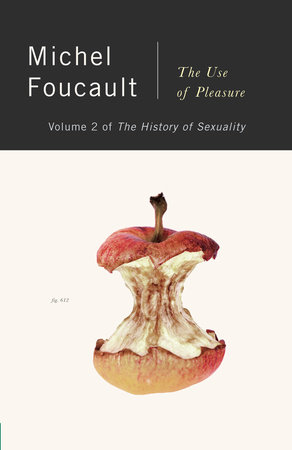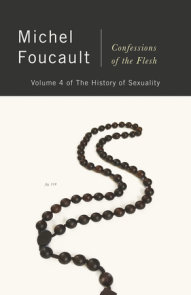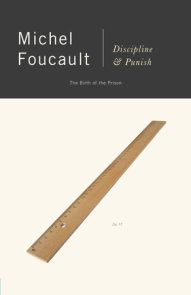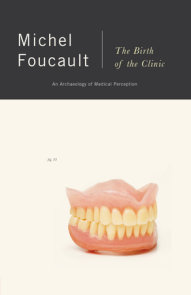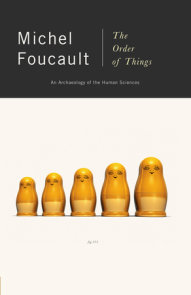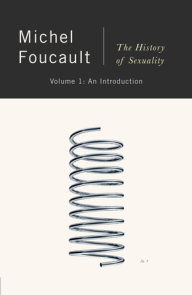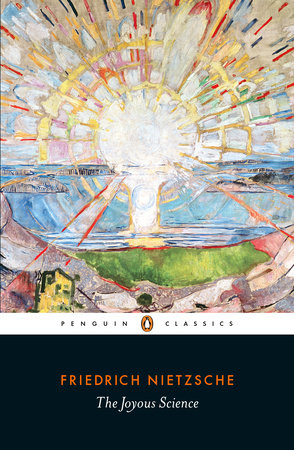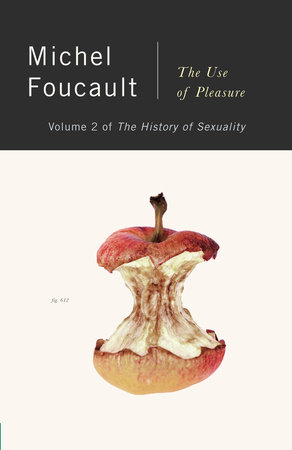

Add to Bookshelf
The History of Sexuality, Vol. 2
By Michel Foucault
By Michel Foucault
By Michel Foucault
By Michel Foucault
Best Seller
Category: Philosophy | Psychology
Category: Philosophy | Psychology

Paperback
$18.00
Apr 14, 1990 | ISBN 9780394751221
-
$18.00
Apr 14, 1990 | ISBN 9780394751221
-
Apr 18, 2012 | ISBN 9780307819277
YOU MAY ALSO LIKE
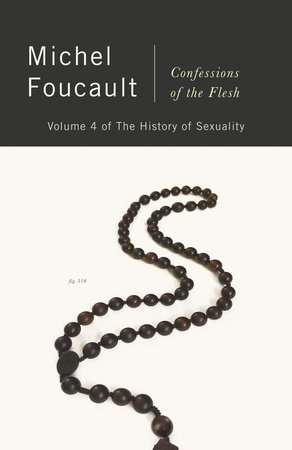
Confessions of the Flesh
Paperback
$19.00
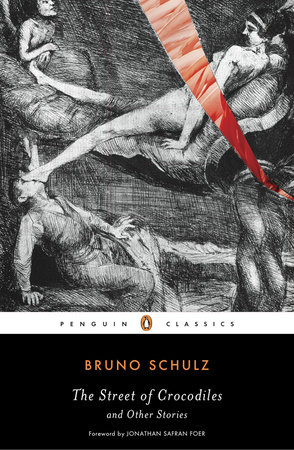
The Street of Crocodiles and Other Stories
Paperback
$18.00
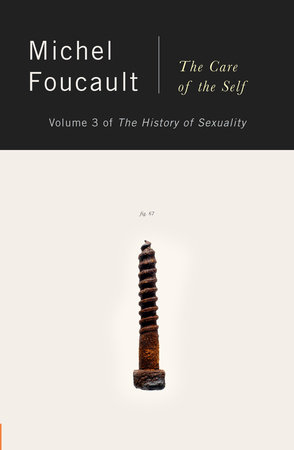
The History of Sexuality, Vol. 3
Paperback
$17.00
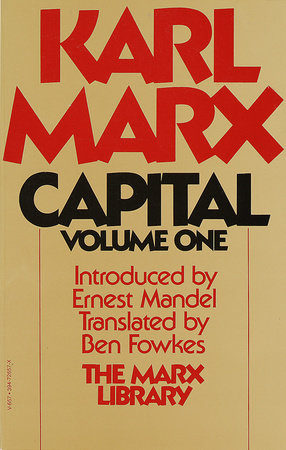
Capital
Paperback
$21.00
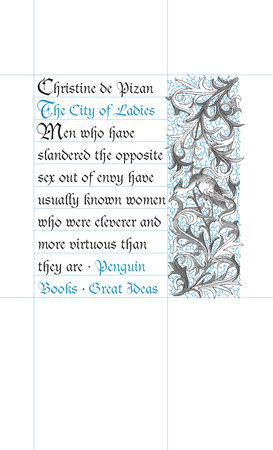
The City of Ladies
Ebook
$6.99
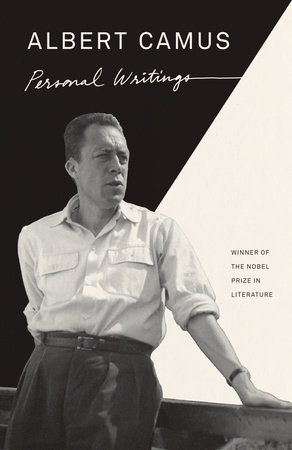
Personal Writings
Paperback
$18.00
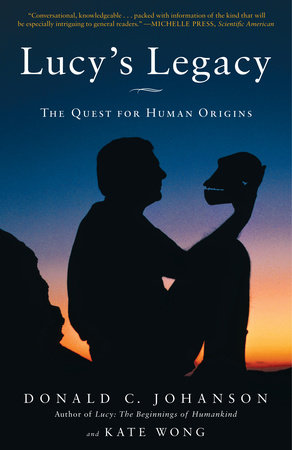
Lucy’s Legacy
Paperback
$16.00
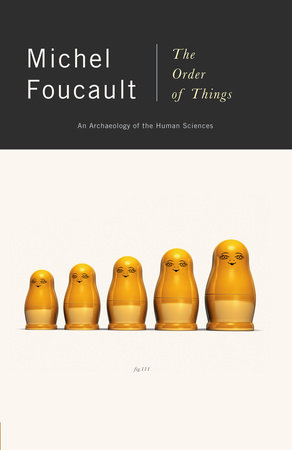
The Order of Things
Paperback
$19.00
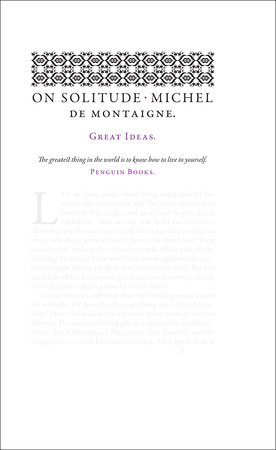
On Solitude
Paperback
$12.00
Praise
"Required reading for those who cling to stereotyped ideas about our difference from the Greeks in terms of pagan license versus Christian austerity or their hedonism versus our anxiety."
— Los Angeles Times Book Review
Looking for More Great Reads?
21 Books You’ve Been Meaning to Read
21 Books You’ve Been Meaning to Read
×
Become a Member
Just for joining you’ll get personalized recommendations on your dashboard daily and features only for members.
Find Out More Join Now Sign In






